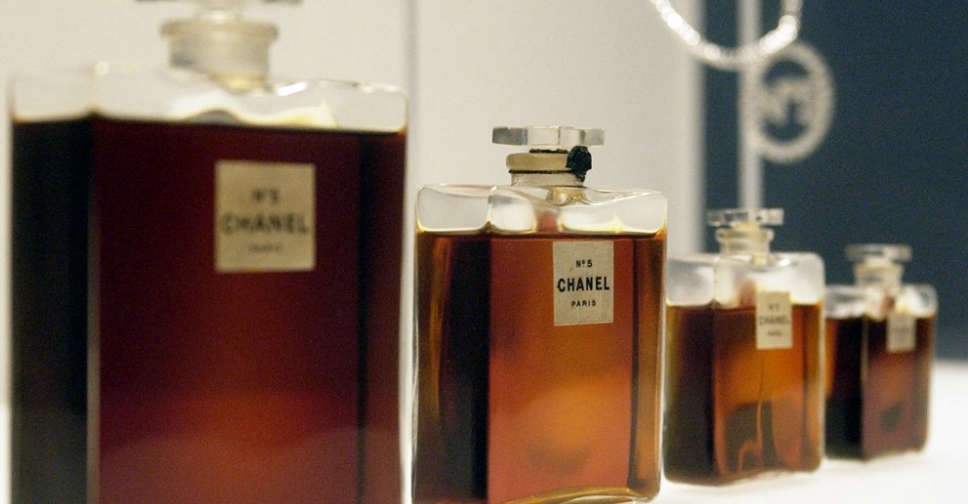
Wary of disappearing flower crops used in its best-selling perfumes, fashion and beauty firm Chanel has bought up more land in southern France to secure its supplies of jasmine and other varieties, harvested by hand in a delicate annual ritual.
The luxury group said it had bought up an extra 100,000 square metres of land, adding to the 20 hectares it already exploits in partnership with a local family near the town of Grasse, known for its surrounding flower fields.
On a sunny late August morning before the heat reached a peak in nearby Pegomas, dozens of workers were busy with this year's jasmine harvest, the key ingredient for Chanel's 100-year-old No.5 perfume, created by late designer Coco Chanel.
Chanel struck a deal with the Mul family in the late 1980s to anchor its production of five flowers in the region. Some local producers began selling their land at the time, drawn in part by property deals in the region close to Nice and the French Riviera.
"There was a time when there was a threat because jasmine production was starting to move to other countries," said Olivier Polge, who followed in his father's footsteps to become Chanel's head perfumer in 2013.
The jasmine grown in Grasse has a specific scent. The region became a flower and fragrance hub in the 17th century, when local leather tanners began to perfume their wares.
Fabrice Bianchi, who runs the Mul family's production, said operations were not overly affected by the COVID-19 pandemic, with pickers able to work outside. The virus causes some sufferers to lose their sense of taste and smell - a particular problem for perfumers, known as "noses" in the business.
"For sure, it was a pretty peculiar year," Polge told Reuters. "But in many ways it was the same for me as for everyone, even though I'm a nose - we all tried not to get it."




 Nasdaq set to confirm bear market as Trump tariffs trigger recession fears
Nasdaq set to confirm bear market as Trump tariffs trigger recession fears
 Dana Gas and Crescent Petroleum exceed 500M boe in Khor Mor field
Dana Gas and Crescent Petroleum exceed 500M boe in Khor Mor field
 China to impose tariffs of 34% on all US goods
China to impose tariffs of 34% on all US goods
 Shares bruised, dollar crumbles as Trump tariffs stir recession fears
Shares bruised, dollar crumbles as Trump tariffs stir recession fears
 Wall Street futures sink as tariffs fuel recession fears
Wall Street futures sink as tariffs fuel recession fears



